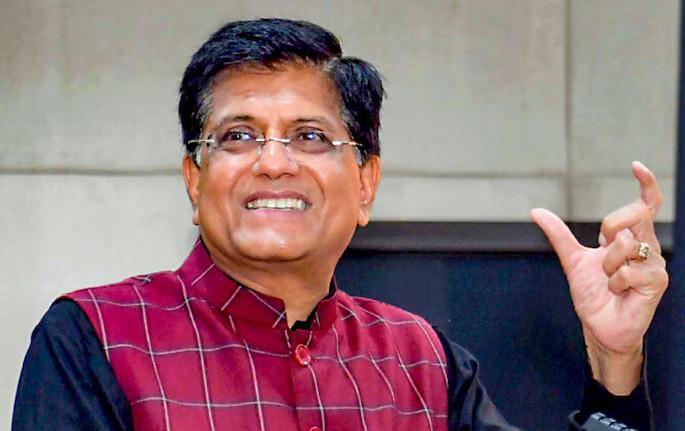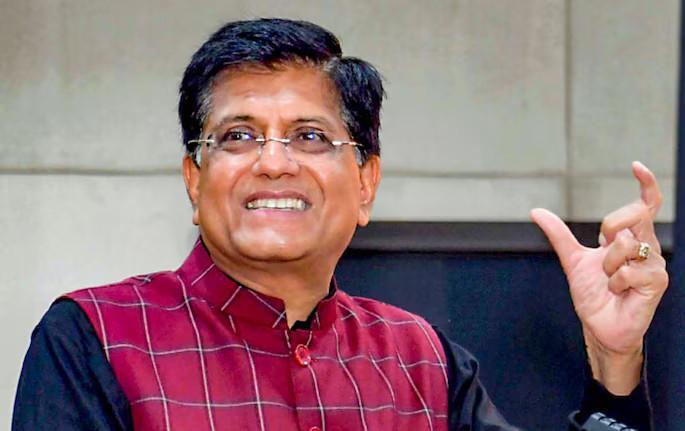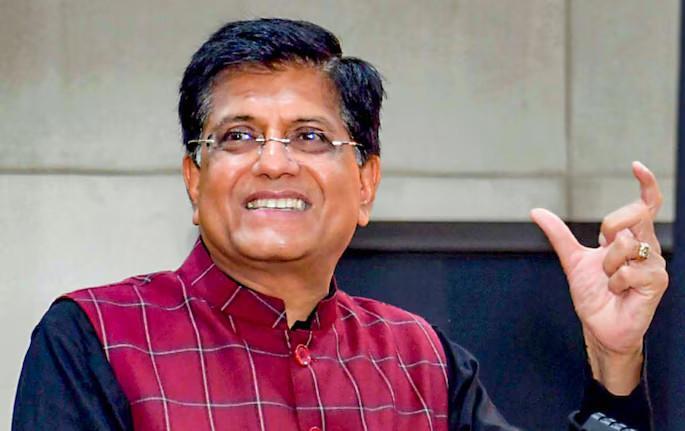
SEBI mulls clarifying ESOP rules for IPO-bound companies’ founders
In a recent move aimed at simplifying employee stock option plans (ESOPs) for Initial Public Offering (IPO)-bound companies, the Securities and Exchange Board of India (SEBI) has proposed changes to the existing norms. The proposal, which has been outlined in a consultation paper, seeks to allow founders classified as promoters to retain their ESOPs provided they were issued one year before the company is listed. Additionally, the regulatory body has suggested a one-year cooling-off or holding period to prevent the misuse of this proposal.
The ESOP is a popular employee benefit program that allows companies to grant employees a certain number of shares or options to buy shares at a predetermined price. The program is designed to attract and retain top talent, as well as to align employee interests with those of the company. However, the current ESOP norms can be complex and restrictive, particularly for founders who are classified as promoters.
One of the key issues facing founders is the requirement to unwind or cancel their ESOPs when the company goes public. This is because SEBI’s existing rules require founders to return or cancel their ESOPs if they hold more than 10% of the company’s shares. This can be detrimental to the founders, who may have invested significant time, effort, and resources into building the company.
The proposed changes aim to address this issue by allowing founders to retain their ESOPs if they were issued one year before the company is listed. This means that founders who have been instrumental in building the company and have a significant stake in its success can continue to benefit from their ESOPs, even after the company goes public.
To prevent misuse, SEBI has also suggested a one-year cooling-off or holding period before the founders can exercise their ESOPs. This means that founders will have to hold their ESOPs for at least one year before they can exercise them, which will give the company time to stabilize and ensure that the founders are not taking advantage of the situation.
The proposed changes are likely to have a positive impact on IPO-bound companies, particularly those that have been founded by entrepreneurs who are classified as promoters. By allowing founders to retain their ESOPs, the regulatory body is recognizing the importance of employee ownership and the role that founders play in building successful companies.
The proposal is also likely to encourage more companies to adopt ESOPs, as founders will be more inclined to participate in the program if they can benefit from it in the long run. This, in turn, is likely to lead to increased employee engagement and retention, as employees will be more invested in the company’s success.
However, the proposal has also raised concerns among some industry experts, who argue that it may lead to a concentration of wealth among founders and may not be in the best interest of minority shareholders. They argue that founders should be required to unwind their ESOPs when the company goes public to ensure that all shareholders have an equal stake in the company.
In conclusion, the proposed changes to ESOP rules for IPO-bound companies’ founders are likely to have a positive impact on the startup ecosystem in India. By allowing founders to retain their ESOPs and introducing a one-year cooling-off or holding period, SEBI is recognizing the importance of employee ownership and the role that founders play in building successful companies.
As the proposal is still in the consultation stage, it is likely that SEBI will consider feedback from stakeholders and make any necessary changes before implementing the new rules. However, if implemented, the proposed changes are likely to lead to increased employee engagement and retention, as well as more companies adopting ESOPs.






